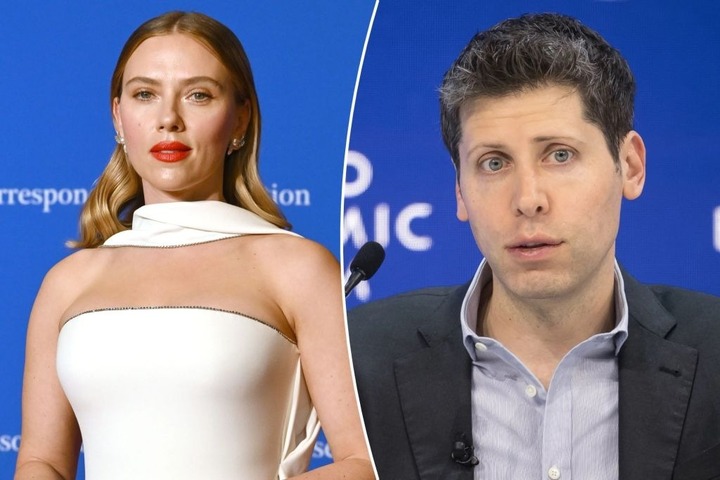The arrogance of tech overlords in Silicon Valley is highlighted by their greed and their tendency to plunder intellectual property and creative works to inform AI operating systems. OpenAI recently debuted new voices for their ChatGPT 4.0 system, with one voice, Sky, bearing a striking resemblance to actress Scarlett Johansson’s voice. Johansson declined to provide her voice for the project and was shocked and angered when she heard the released demo, prompting her to hire legal counsel to address the issue. OpenAI denied basing Sky’s voice on Johansson, claiming it belonged to a different professional actress.
The incident involving Johansson and the voice of Sky is just one example of the dark side of AI. AI-generated images of celebrities and AI-created songs that went viral, only to be revealed as deepfakes, highlight the potential threats to national security, objective truth, and individuals’ likenesses and creative contributions. The use of AI tools to create fake images and content can lead to financial losses for photographers, artists, and musicians, as well as confusion for the public as they are unable to distinguish between real and fake content.
The rise of AI deepfakes has led to renewed calls for government regulation to protect individuals’ identities and creative works. However, the ease with which AI can generate fake content makes it challenging to ensure that all stakeholders in the creative and music industries are fairly compensated. Artists like Katy Perry, who have fallen victim to AI-generated images circulating as real, face challenges in protecting their identities and work from being exploited by AI technology.
In a world where AI can create fake content indistinguishable from reality, the concept of permission and ownership is increasingly blurred. Big Tech companies have been criticized for not compensating creators and for finding ways to profit off of others’ work without proper attribution or payment. Google’s new search engine, for example, summarizes content without linking to the original sources, depriving creators of the recognition and compensation they deserve.
The prevalence of AI deepfakes and the commodification of creative work by tech companies is a warning of things to come in the realm of artificial intelligence. While high-profile artists like Scarlett Johansson, Taylor Swift, and Drake have the resources to protect themselves from exploitation, smaller creators may lack the means to do so. The increasing threat of tech companies exploiting individuals’ identities and creative works without permission underscores the need for greater regulation and protection for artists and creators against the spread of AI-generated content.


